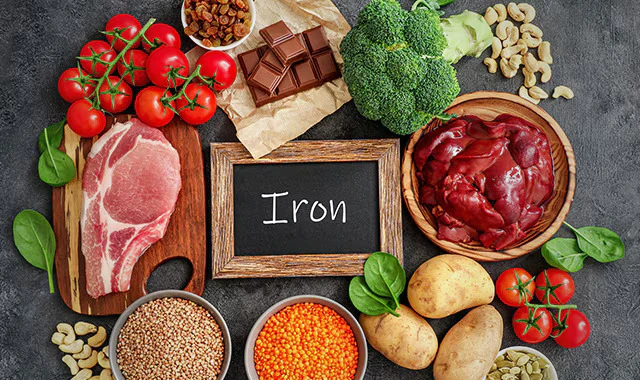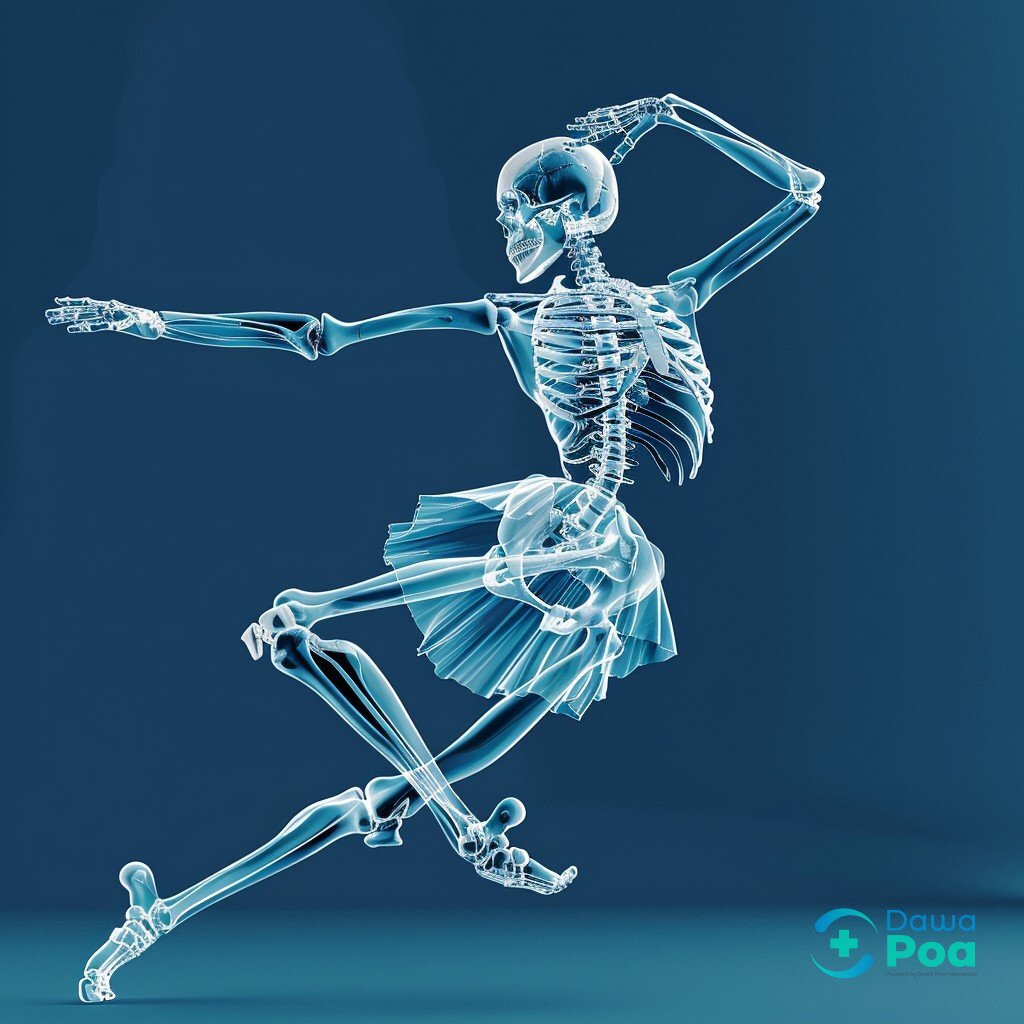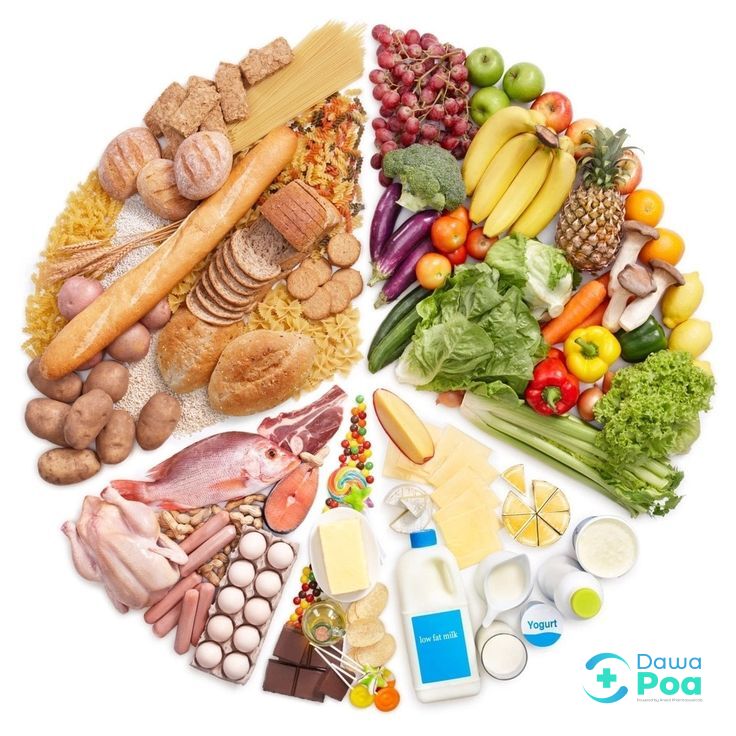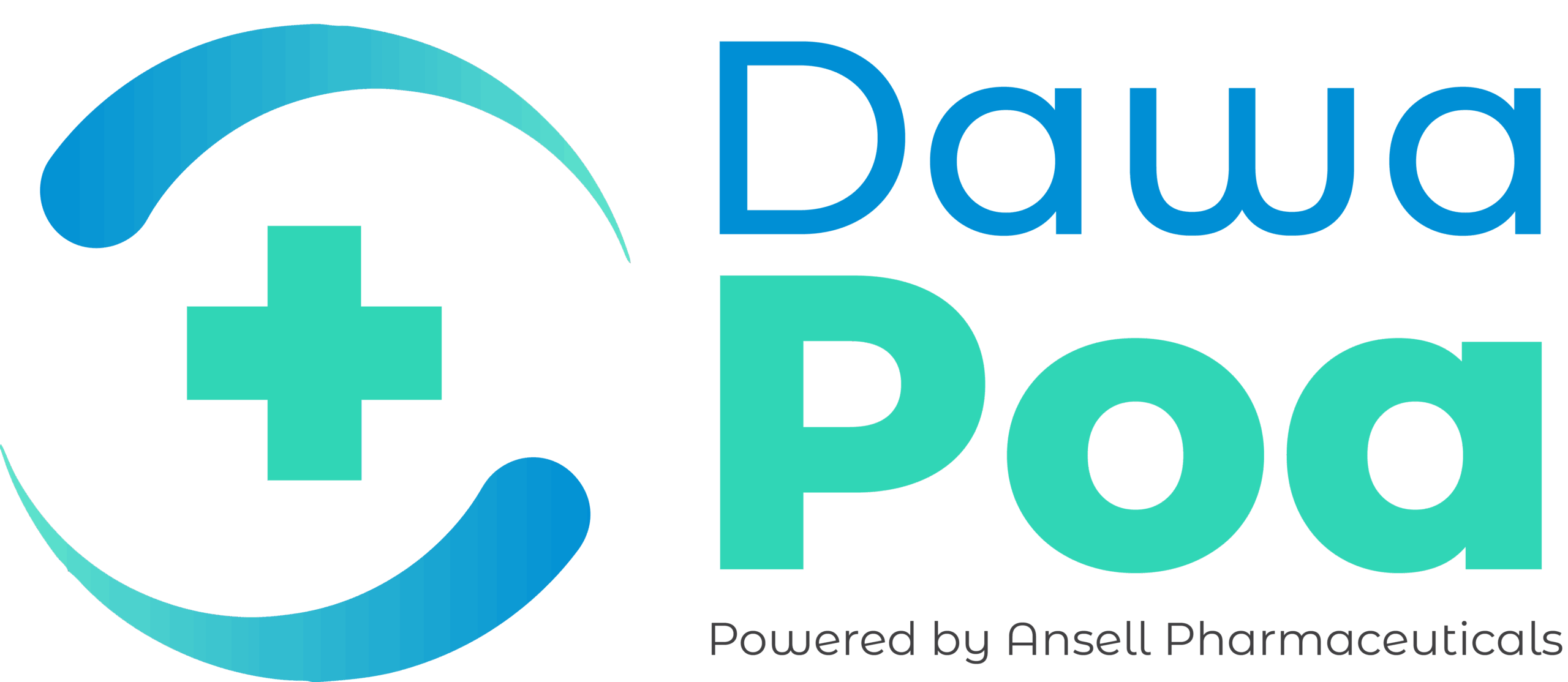Part 3: The Ultimate Age-by-Age Vitamin Guide – Teenagers
October 17, 2025 2025-10-18 14:50Part 3: The Ultimate Age-by-Age Vitamin Guide – Teenagers

Part 3: The Ultimate Age-by-Age Vitamin Guide – Teenagers
Your Complete Guide to Choosing the Right Vitamins & Supplements in Kenya
Introduction
If you’re a teenager reading this, welcome! If you’re a parent trying to figure out why your teen is always tired, breaking out, or growing out of clothes every three months, you’re in the right place.
The teen years and twenties are nutritionally intense.
You’re dealing with growth spurts, hormones, acne, periods, exam stress, late-night study sessions, university life, and trying to be an adult while still figuring out life.
Your body is working overtime, and it needs proper fuel.
This guide covers what Kenyan teens and young adults actually need—not what Instagram influencers are selling you. Let’s dive in.

For Teens (13-18 Years): Powering Through Puberty
The Teenage Body: What’s Actually Happening
Puberty is wild!
Your body is growing faster than at any time since you were a baby.
Girls might gain 10-15 cm in height and 10-20 kg in weight during their growth spurt.
Boys might gain 20-25 cm and 15-30 kg. That’s a lot of building!
Add to this:
- Hormones going bonkers!
- Increased energy needs (growing is exhausting)
- Brain development and restructuring.
- For girls: starting menstruation
- For boys: muscle mass development
- For everyone: dealing with school stress, peer pressure, and figuring out who you are.
The Kenyan teen reality:
- KPSEA and KJSEA exam stress (we see you!)
- Long school days, tuition after school, homework
- Maybe skipping meals or surviving on chips and soda
- For boarding school students: institutional food that might not be nutritious
- Social media pressure to keep up with the Joneses.
- For some: part-time jobs or helping at home
Your nutritional needs are high, but your diet might not match up. This is where smart supplementation helps.
Essential Supplements for Teenage Girls (13–18 years):
Iron: Your Non-Negotiable

Once menstruation starts, you lose blood (and therefore iron) every single month. This is the NUMBER ONE deficiency in teenage Kenyan girls.
Why iron matters:
- Prevents anaemia.
- Supports immune function.
- Helps oxygen reach your muscles.
- Supports brain function and concentration.
Signs you need iron:
- Can’t focus in class.
- Heavy or prolonged periods.
- Crave weird things (ice, soil, chalk)
- Short of breath doing normal activities.
- Exhausted all the time, even after sleeping.
- Pale skin, pale inner eyelids, pale nail beds.
What to take:
- 15-18 mg elemental iron daily
- Look for ferrous sulphate or ferrous fumarate (better absorbed)
- Take with orange juice or vitamin C
- DON’T take with tea, coffee, or milk
Best time: Between meals if possible, but if it upsets your stomach, take it with food.
Pro tip:
Iron can cause constipation. Drink lots of water, eat fruits, and stay active.
Calcium + Vitamin D: Building Bones for Life

You’re depositing most of your lifetime bone mass RIGHT NOW!
The calcium you get (or don’t get) in your teens determines if you’ll have osteoporosis when you’re old.
What to take:
- Calcium: 1,300 mg daily (from food + supplements combined)
- Vitamin D: 600-1,000 IU daily (helps absorb calcium)
Kenyan calcium sources:
- Mala
- Fortified foods
- Dark leafy greens
- Milk, yoghurt, cheese
- Small fish eaten with bones (omena, dagaa)
If you don’t eat dairy regularly, supplement!
B-Complex Vitamins: Energy and Mood Support
B vitamins help convert food to energy, support brain function, and help with stress management.
What B vitamins do:
- B1, B2, B3: Energy production
- B6: Mood regulation, reduces PMS symptoms
- B12: Brain function, red blood cell production
- Folic acid (B9): Cell growth, super important if you might get pregnant
What to take:
- B-complex multivitamin, once daily
- Or ensure your multivitamin contains good amounts of all B vitamins.
Omega-3 Fatty Acids: Brain Food
Your teenage brain is still developing, especially the prefrontal cortex (decision-making, planning, impulse control). Omega-3s, particularly DHA, support this.
Benefits:
- Better concentration and memory
- Mood stabilization
- May reduce acne (yes, really!)
- Anti-inflammatory (helps with cramps, joint pain)
What to take:
- 500-1,000 mg combined EPA+DHA daily
- Fish oil capsules or liquid
Not a fan of fish oil burps? Keep capsules in the freezer and swallow while still frozen.
Magnesium: The Calm-Down Mineral
Magnesium helps with:
- Headaches.
- Sleep quality.
- PMS symptoms.
- Anxiety and stress.
- Period cramps (it’s a muscle relaxant).
What to take:
- 300-400 mg daily
- Magnesium glycinate or citrate (easier on digestion)
- Take before bed (helps you sleep)
Food sources: Dark chocolate (yes!), nuts, seeds, leafy greens, bananas.
Zinc: Clear Skin and Immunity
Zinc fights acne from the inside out and boosts immune function.
What to take:
- 10-15 mg daily
- Often included in multivitamins
- Don’t overdo it—too much zinc can cause nausea
Essential Supplements for Teenage Boys (13-18 years):

Multivitamin: The Foundation
Growing boys need everything! Vitamins, minerals, the works. A good multivitamin is an insurance.
Look for one containing:
- vitamin A, C, D, E
- B-complex
- Zinc (15 mg)
- Selenium
- Magnesium
- Calcium
- Iron (boys need less than girls, but still need it!)
Calcium + Vitamin D: Building Big, Strong Bones
Boys have major growth spurts and are building muscle mass.
You need strong bones to support all that growth.
What to take:
- Calcium: 1,300 mg daily
- Vitamin D: 600-1,000 IU daily
Food sources: Milk, eggs, fish, fortified cereals
Zinc: Growth and Testosterone
Zinc supports healthy testosterone production, growth, immune function, and wound healing (important for active teens).
What to take:
- 15 mg daily
- Usually in multivitamins
- Don’t exceed 40 mg daily
Omega-3: Brain and Muscle
For the same brain benefits as girls, plus it helps with muscle recovery if you’re playing sports.
What to take:
- 500-1,000 mg EPA+DHA daily
Protein Support (For Active Teens)
If you’re playing football, basketball, rugby, or hitting the gym, you need adequate protein for muscle building and recovery.
Not exactly a vitamin, but it’s important:
- Aim for 1.2-1.5 grams of protein per kg body weight if very active
- Protein powder can help if you struggle to eat enough food
- Choose whey protein or plant-based options
Kenyan food sources:
- Eggs, milk, yoghurt
- Meat, chicken, fish
- Beans, lentils, groundnuts
- Githeri (beans + maize combo)
Magnesium: Muscle Recovery and Sleep
Helps with muscle soreness, cramps, and quality sleep (growing teens need 8-10 hours!).
What to take:
- 400 mg daily
- Take before bed
For Both Teen Girls and Boys: Extra Considerations

Exam Season?
Here’s what can help:
B-Complex Vitamins
Double down on these during heavy study periods. They support energy and stress response.
Omega-3
Keep taking it for brain function and memory.
Magnesium
Helps manage anxiety and improves sleep quality (which you desperately need during exam season).
Vitamin C + Zinc
Keeps your immune system strong so you don’t get sick before exams.
Pro tip: No supplement replaces sleep. Pulling all-nighters is counterproductive—your brain requires sleep to consolidate what you studied.
For Acne-Prone Teens
Acne is the bane of teenage existence. While supplements won’t cure acne, these can help:
Zinc: 30 mg daily (for acne treatment doses, consult a dermatologist)
Omega-3: Reduces inflammation
Vitamin A: Supports skin health (but don’t megadose—too much is toxic)
Probiotics: Gut health affects skin
Vitamin D: Some studies show it helps with acne
Also important:
- Drink LOTS of water
- Wash your face properly (but don’t over-wash)
- Change your pillowcase regularly
- See a dermatologist if it’s severe
For Vegetarian/Vegan Teens
More Kenyan teens are choosing plant-based diets. If that’s you, supplement smartly:
Must-haves:
- Zinc: 15 mg daily
- Vitamin D: Most vegans need this
- Iron: 15-18 mg daily, especially for girls
- Omega-3: Algae-based DHA supplements
- Calcium: If not consuming fortified plant milks
- Vitamin B12: Absolutely essential. Not found in plant foods. Take 25-100 mcg daily or 1,000 mcg weekly.
Protein: Ensure you eat varied plant proteins daily (beans, lentils, nuts, seeds, whole grains).
Conclusion
Your teens and twenties are foundational years. What you do (or don’t do) nutritionally now affects your health for decades. You’re dealing with growth, hormones, stress, figuring out independence, and trying to thrive, not just survive.
Smart supplementation supports you through:
- Growth and development (teens)
- Energy for the daily hustle (young adults)
- Brain function for exams and work
- Stress management
- Immune support
- Prevention of future health issues
You don’t need to take everything. Start with the basics: a good multivitamin, omega-3, and vitamin D. Add others based on your specific needs, diet, lifestyle, and budget.
Key Takeaway:

Supplements work best alongside a balanced diet, adequate sleep, regular exercise, and stress management. Think of them as your nutritional backup plan, not your primary plan.
For teens: Focus on iron (girls), calcium + vitamin D, B-complex, and omega-3.
These support your rapid growth, brain development, and intense school demands.
Next in our series: We tackle Young Adults – 19 yrs. to 35 yrs.
Disclaimer: This information is for educational purposes only. Always consult with a qualified healthcare provider before starting any supplement regimen, especially if you have existing health conditions, take medications, or are pregnant/planning pregnancy.
Search
Categories
Recent Posts
- Part 4: For Young Adults (19-35 Years): The Hustle Years
- Part 3: The Ultimate Age-by-Age Vitamin Guide – Teenagers
- Part 2: The Ultimate Age-by-Age Vitamin Guide – From 0 to 12 Years.
- Part 1: Your Complete Guide to Choosing the Right Vitamins & Supplements in Kenya
- 10 Essential First Aid Items Every Urban Kenyan Household Should Have




